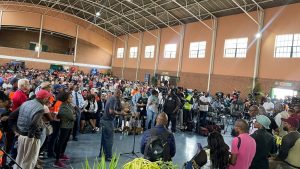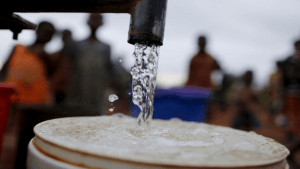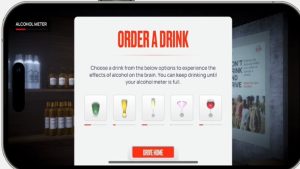Social grant recipients and the unemployed say the grants increases announced by President Cyril Ramaphosa on Tuesday night is better than nothing as it will help supplement the meagre cash they receive currently.
The President announced that child support grant beneficiaries will receive an additional R300 at the end of April; and an extra R500 from June to October.
All other grant recipients will get an extra R250 per month for the next six months.
President Ramaphosa also announced a special COVID-19 Social Relief of Distress grant of R350 a month for the next six months which will be paid to individuals who are currently unemployed.
Rangani Mbhalathi of Chapu Chartered Accountants gives details on how this stimulus package will impact the economy and the lives of people:
President Cyril Ramaphosa announced a R500 billion support package for South Africa to deal with the economic effects of COVID-19:
Child support grant
Mpumi Fisokuhle, an unemployed teenage-mother, living with her unemployed boyfriend, lives in Mangolongolo informal settlement, near Denver, southeast of Johannesburg. She relies on piece jobs to buy food, including baby formula and disposable napkins.
But since the lockdown started she has not been able to fend for her family. “I usually leave the child with a minder and I have to pay that person from the little money I get from doing odd jobs. I use the child support grant to pay the childminder and on top of that, buy formula milk and disposable nappies for my child.”
From the end of April, Mpumi will receive an extra R300 on top of the R400 child support grant she gets every month.
And from June to October, she will receive an additional R500. She says this extra cash will help her.
“It will help me a lot because I will be able to buy a tin of baby formula with that extra R300 and it will last us at least until the middle of the month.”
In the video below, political parties react to the stimulus package:
Unemployed
Shezi is also a resident of Mangolongolo informal settlement. He lives alone in a one-roomed shack and has been unemployed after being retrenched two years ago.
He’s been without a job ever since. His family, including his wife and two unemployed sons in their late 20’s, live in his rural hometown and rely on him for sustenance.
Shezi says he would be happy if he were to be considered a beneficiary of the special COVID-19 Social Relief of Distress grant of R350 a month for the next six months.
“Even though the money is little, but it is better than nothing at all. At least I would be able to buy paraffin and a small packet of millie-meal and life continues.”
Since the start of the lockdown, many of the residents in Mangolongolo supplement their meagre income with the free food parcels they receive.
Some have connected electricity illegally while others use candles and paraffin lanterns to light-up their homes.
They share communal toilets and water taps.
Help for residents in informal settlements
Johannesburg Mayor Geoff Makhubo says they are doing all things possible to help the struggling residents of informal settlements during this lockdown.
“We have over R700 water tanks that we’ve installed throughout Johannesburg. We have chemical toilets that have been installed in different areas and informal settlements where there are no ablution facilities or toilets with running water.”
He welcomed President Ramaphosa’s announcement that municipalities will receive an additional R20 billion in funding for emergency water supply, increased sanitisation of public transport and facilities and for the provision of food and shelter for the homeless.
Below is the breakdown of the announced R500 billion COVID-19 Economic plan:






